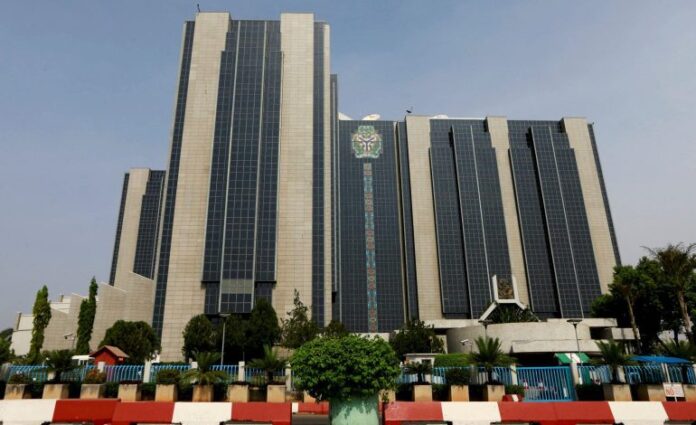CPPE reiterates cybersecurity levy and other taxes will cripple economy
By Jeph Ajobaju, Chief Copy Editor
Cybersecurity levy and various other taxes imposed by the three levels of government across the country are impeding the capacity of businesses to drive economic growth, leading to job losses and inflation, the Centre for the Promotion of Private Enterprise (CPPE) has reiterated.
CPPE Chief Executive Officer Muda Yusuf made the point in a statement where he suggested suspension of the levy and stakeholder deliberation on it, stressing the levy, in its present form, will cause more hardship to citizens and place more burden on investors.
He argued businesses and investors are already buffeted by numerous taxes ranging from education tax, value added tax (VAT), company income tax (CIT), stamp duty, NITDA, Police Trust Fund, among others – with NYSC levy and tertiary health levy still in the pipeline.
In Yusuf’s view the new levy contradicts the position of the Presidential Committee on Fiscal Policy and Tax Reforms seeking to streamline taxes to ensure a better business environment.
“Businesses and the generality of citizens are yet to recover from the shocks of current reforms. Inflationary pressures have not abated, high cost of living is still a major worry, operating and production costs for businesses remain elevated, amidst weak consumer purchasing power,” he said.
“This is not a good time to impose an additional levy both on businesses and citizens.
“Meanwhile, businesses are already saddled with the following federal taxes: Company Tax, Tertiary Education Tax, Stamp Duties, NITDA levy, Value Added Tax, NASENI Levy, Police Trust Fund Levy, among others. Still in works are NYSC Levy and Tertiary Health Levy.
“There are also a plethora of taxes and levies imposed by states and local governments.”
Yusuf questioned the amount expected to be generated from the levy using the percentage of transaction to be deducted and the total value of e-payment transactions in 2023 as per the Nigeria Interbank Settlement System (NIBSS).
He noted e-payment transactions totalled N600 trillion in 2023 and 0.5 per cent of that figure is N3 trillion, which is more than the budget for infrastructure in the 2024 Appropriations Act.
He also warned that such levies negate the cashless policy drive of the Central Bank of Nigeria (CBN) and may push more people back into cash-based transactions.
The CBN on May 6 directed banks and other payment service providers to begin deducting two weeks from that date, a 0.5 per cent tax on the total value of electronic transactions and remit to the amount to the National Cybersecurity Fund to be managed by the Office of the National Security Adviser, Nuhu Ribadu.
The CBN said the policy is part of the implementation of the Cybercrime (Prohibition and Prevention etc.) Act of 2024.
__________________________________________________________________
Related articles:
List of 16 items exempted from cybersecurity tax
PoS operators warn CAC registration requirement will raise customer charges
__________________________________________________________________







